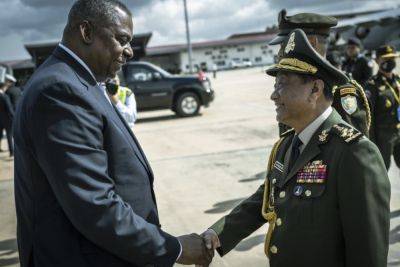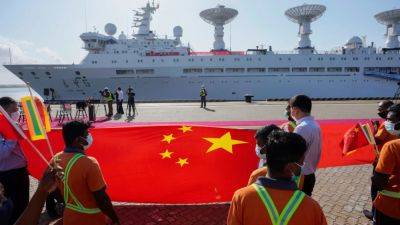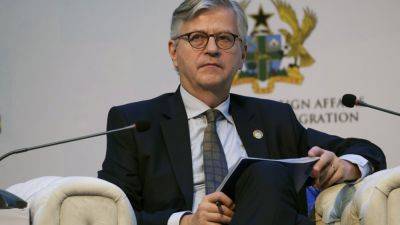Bangladesh: Where a US ambo can still captivate a nation
While scrolling through Facebook on a recent morning, I came across news about the potential appointment of a new US ambassador to Bangladesh. David Meale appeared poised to take over for Peter Haas, who might well go down as the most impactful US envoy in Bangladesh’s recent history.
The idea of a foreign diplomat wielding significant influence in a democratic nation of 180 million might seem odd, even for a certain period. But Bangladesh’s history of political instability has created openings for external actors to intervene, exert their power and shape the country’s direction in many ways.
This uncomfortable reality first dawned on me during a casual conversation with a respected senior journalist, someone I viewed as a mentor. Over tea and biscuits, he dropped a truth bomb: “Faisal,” he said, “remember, in Bangladesh, only three persons truly hold sway: the Prime Minister, the Indian High Commissioner and the US Ambassador.”
Years later, as my reporting expanded from business and infrastructure to encompass the broader political landscape, I realized the profound wisdom in his words. They were undeniably true.
Consider the time leading up to Bangladesh’s January 2024 national election. For more than a year, the US Ambassador’s every move was monitored and scrutinized here by a captivated nation. Haas became a constant presence in news headlines, even for seemingly mundane events like a family trip to neighboring India.
On talk shows and YouTube channels run by exiled Bangladeshis and popular analysts, Ambassador Haas was elevated to a messianic figure. People hoped he could intervene and prevent Bangladesh’s descent into an authoritarian state.
The expectation was that he could somehow restore voting rights and a







